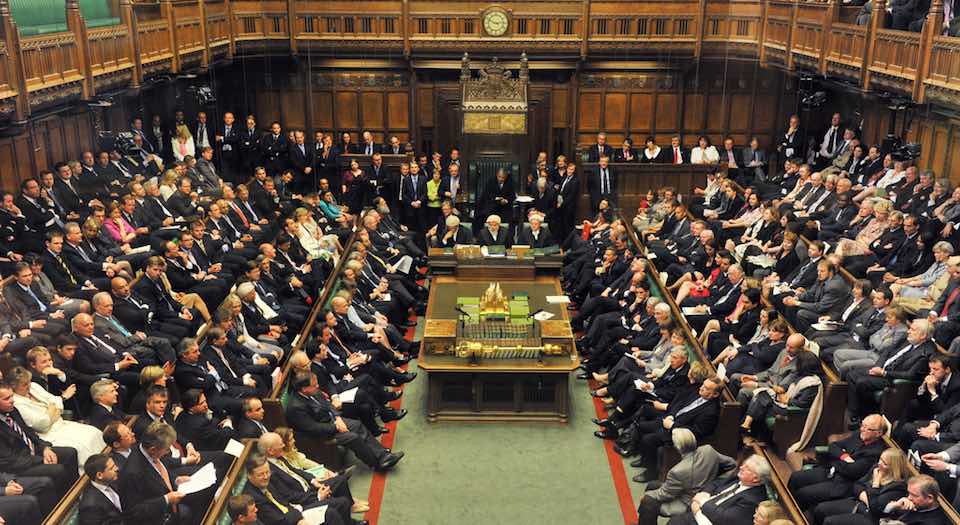All MPs should back the triggering of Article 50
Anything else would be a catastrophic betrayal of democracy.

Today, the High Court in London started to hear the cases that are challenging Brexit. The claimants’ argument is that the government cannot invoke Article 50, the mechanism that starts the process of withdrawing from the EU, without having a vote in parliament. The government’s case is that Article 50 can be invoked by the prime minister using the Royal Prerogative, a set of powers for the executive, which allows the PM to take certain decisions without requiring the authority of parliament.
It isn’t only the claimants, who are mainly wealthy businesspeople and influential activists, who want the courts to hold up Brexit. Although some politicians pretend to be excited about Brexit, very few in the political class really want withdrawal to begin. They’re no doubt praying that the High Court justices make life easier for them by kicking Brexit into the long grass.
Theresa May initially said she would invoke Article 50 in March next year without a parliamentary vote. But she backtracked, later saying a vote in parliament was ‘vital’. Prime Minister’s Questions in the Commons on Wednesday made it clear the government still has no plan for what it wants to achieve in the Brexit negotiations with the EU. If the High Court does rule against the government, May may well feel relieved, for two reasons: first, because it would mean she is no longer under pressure to formulate a decent negotiation strategy anytime soon; second, because she will be able to blame activist judges for stopping her from getting the process moving.
Of course, it’s not only the Tories who are hoping the government will lose the High Court case. A majority of Labour MPs voted to remain in the EU and will likely vote against invoking Article 50, or will at least try to stall it in some way. Lib Dem leader Tim Farron has positioned himself as the mainstream politician most determined to thwart Brexit (and, in the process, block the wishes of 17.4million people). All the mainstream parties are hostile, at some level, to commencing Brexit. They will follow this case with keen, selfish interest.
The commentariat will be eyeing the case, too. Much of the opinion-forming set has been pushing the idea that Brexit is just too complicated to carry through. Endless column inches have been expended on the minutiae of what will allegedly have to be resolved before Brexit can happen.
That’s why this court case matters: it’s a symptom of our political class’s failure to take responsibility for the process of leaving the EU. It is a result also of politicians’ failure to anticipate the mood of the nation in the run-up to the referendum. Had the government thought seriously about the prospect that Britain might really leave the EU, then it would have already settled the relatively straightforward legal issues the courts are now considering. That these legal questions haven’t been clearly and firmly answered shows how clueless the political class is.
The claimants have every right to bring their cases. But we cannot ignore the context in which these cases are being heard. It is abundantly clear that the cases are designed to prevent Brexit from happening. This plays into the hands of those elected representatives and other sections of the elite who see Brexit as a huge bureaucratic and political inconvenience. The question of how Brexit is enacted should be an academic one. The bottom line is that parliament must follow through on the will of the people, whether through the Royal Prerogative or a vote in parliament. Anything else would be a catastrophic betrayal of democracy.
Luke Gittos is law editor at spiked, a solicitor practising criminal law and convenor of the London Legal Salon. He is the author of Why Rape Culture is a Dangerous Myth: From Steubenville to Ched Evans. (Buy this book from Amazon(UK).)
To enquire about republishing spiked’s content, a right to reply or to request a correction, please contact the managing editor, Viv Regan.









Comments
Want to join the conversation?
Only spiked supporters and patrons, who donate regularly to us, can comment on our articles.